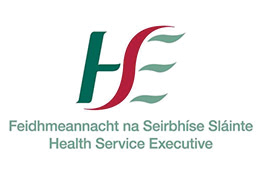
[dropcap]Up[/dropcap] to 300 people marched from the Garden of Remembrance to Customs House Quay in Dublin City Centre with Still Waiting Health Campaign.
Protestors called for improvements to the ‘creaking, dysfunctional’ health service on Saturday at 2pm, with smaller demonstrations happening around the country.
The protesters, from groups such as the Irish Nurses and Midwives Organisation (INMO)
and Enough is Enough, were calling for the government to implement a national health
service and Sláintecare ahead of the Budget 2019.
They were joined at the march by The Social Democrats, Sinn Féin, The Green Party and
People before Profit. Sláintecare is the first time that there is a political consensus on a
health reform plan and a cross party support on a universal health system in Ireland.
Sláintecare is a 10 year action plan to overhaul the current health care system in Ireland.
The plan wants to establish a universal, single-tier health service where patients are treated
based on health needs and not the ability to pay. The current health service relies on support
from charities, religious orders and voluntary organisations to function.
“It should be run by the State, funded by the State and free at the point of delivery for
everyone. We need to start building a national health service. They need to invest in the
future, not just firefight,” says Melisa Halpin, a councillor with People Before Profit.
The Still Waiting Health Campaign is demanding an investment of at least €1 billion in
additional funds to the health sector, as well as an increase in capacity in community and
primary healthcare settings.
A report on Sláintecare by the Centre for Health and Management, Trinity College Dublin
says that many of the key actions with be implemented during the first six years with an
infrastructure investment of €3 billion required over this period, with an additional €2.8 billion by year 10.
A new health card, Cárta Sláinte, will be introduced over a five-year period with the
Sláintecare plan that will allow access to a range of services in healthcare such as primary
care, outpatient care, rehabilitation and drugs and more.
Sláintecare was the top priority in the health budget 2019 with the government investing
an increase of €1.05 billion. This increase will bring the health budget for next year to €17
billion, this is the highest level of health investment in the history of the State.
By Rachel Halpin
Image Credit: HSE



